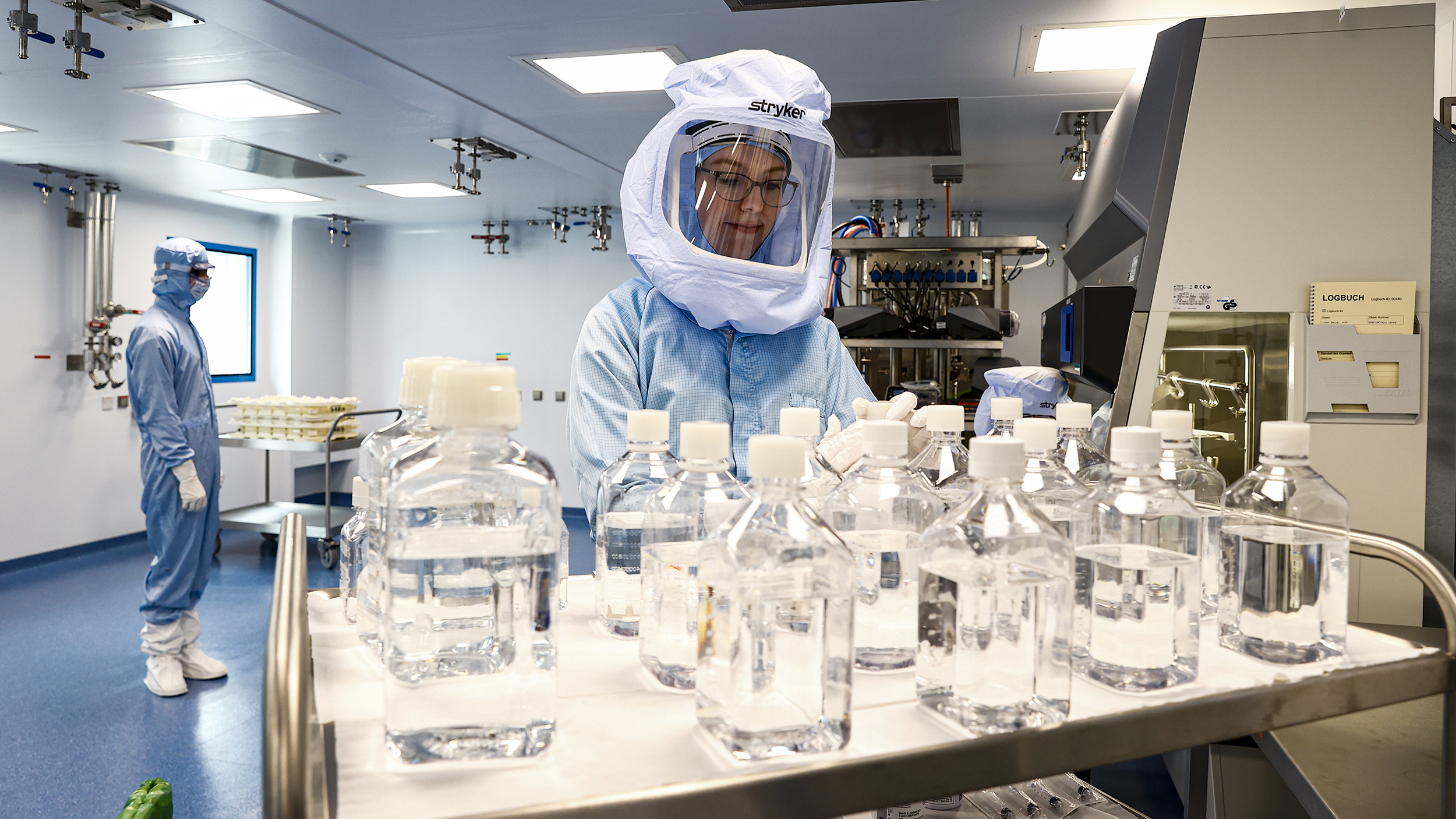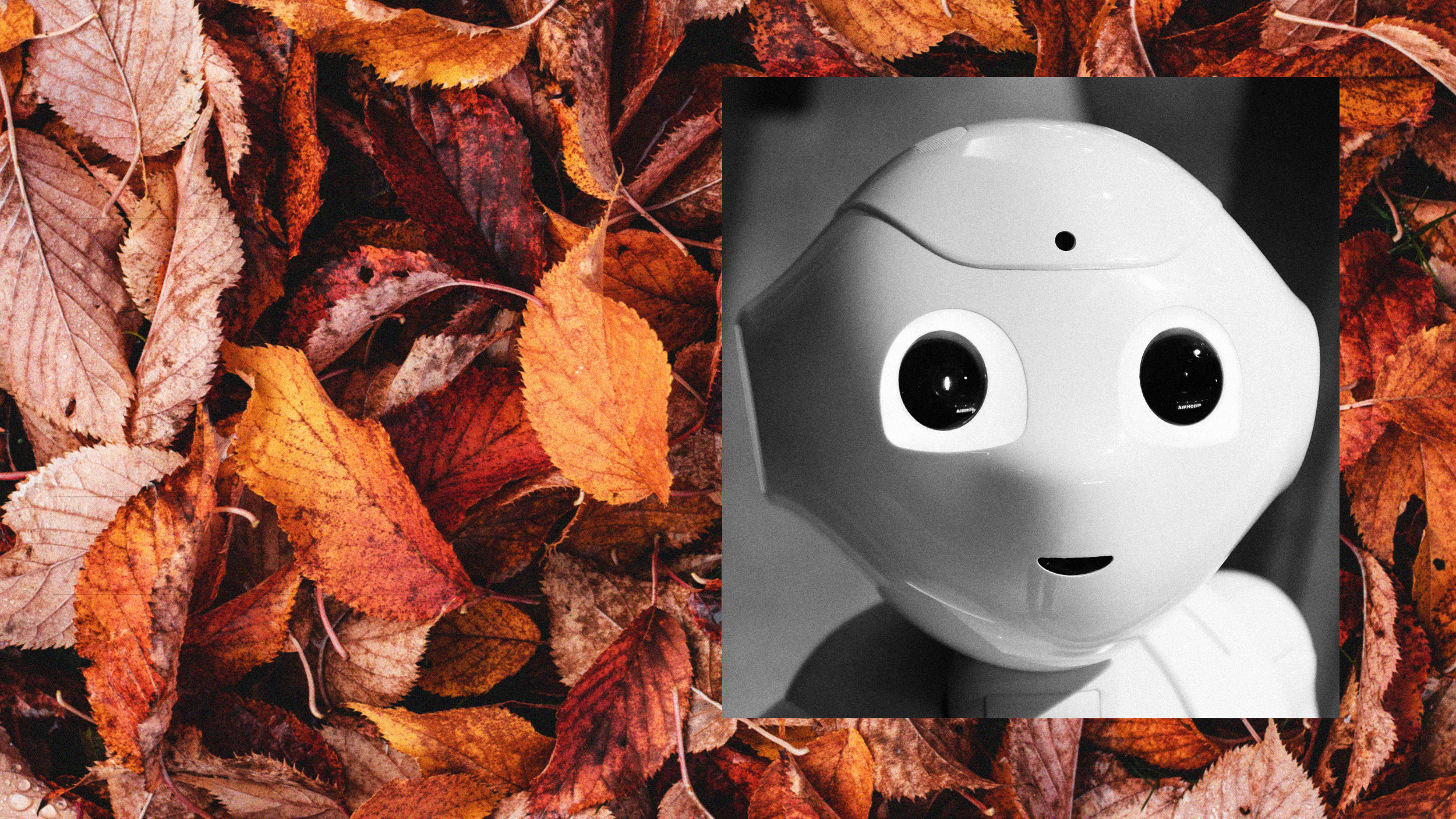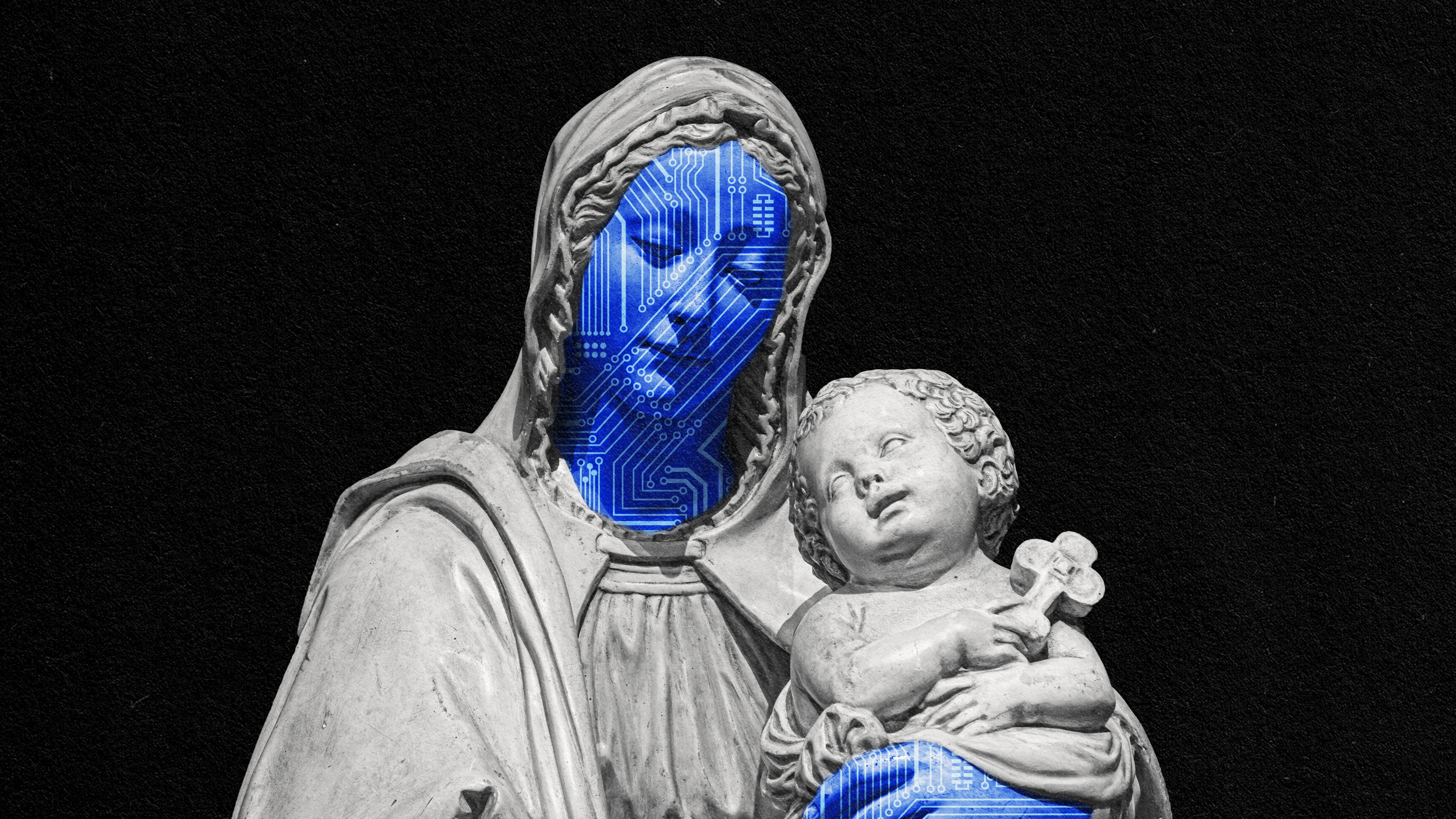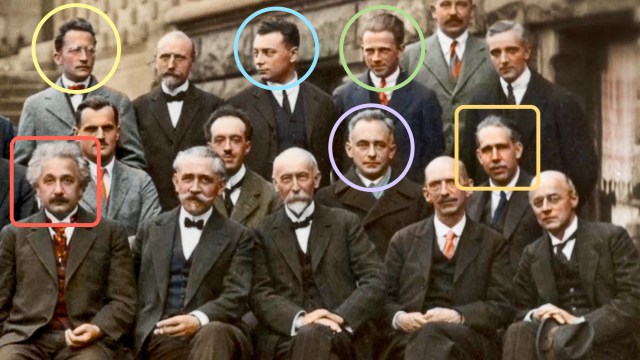How a Harvard AI model could make COVID the last pandemic

- Last month, scientists detailed a new AI model called EVEscape that predicts how viruses mutate.
- To showcase EVEscape’s potential, scientists provided it with the original genome sequence of SARS-CoV-2, and the AI correctly predicted nearly all the mutations that would come to dominate during the pandemic.
- If AI can monitor potential pandemics and help design vaccines, it could make pandemics a thing of the past.
COVID was the first global, society-altering pandemic in more than a century. It disrupted economies, reshaped politics, changed behaviors, and claimed around seven million lives. But now, artificial intelligence (AI) breakthroughs are raising hopes that humanity may never be brought to its knees by an infectious disease ever again.
EVEScape
When civilization was locked in the grasp of COVID, news of the virus’s latest variants of concern evoked anxiety. During the pandemic, the SARS-CoV-2 virus constantly mutated, evolving to escape the immune system’s arresting reach. Scientists scrambled to track these variants so that treatments, preventative measures, and vaccines could be updated to save lives.
Last month, in the journal Nature, scientists primarily based out of Harvard Medical School detailed a new AI model called EVEscape specifically focused on predicting how viruses mutate. Trained on data of historical viral evolution, the model can be fed detailed biological and structural information about a virus, and then it will predict the most likely ways in which that pathogen will mutate. Specifically, it predicts changes to protein function as viruses are pressured by the immune system.
To showcase EVEscape’s potential, scientists provided it with the original genome sequence of the SARS-CoV-2 virus, which was available months before the pathogen officially launched the COVID pandemic. Lo and behold, EVEscape predicted nearly all the mutations that would come to dominate during the pandemic, including many of the variants that became household names (Omicron, Beta, etc.). EVEscape’s creators regularly feed the model updated SARS-CoV-2 sequence data — so it is forecasting COVID’s moves right now.
As a bonus, the Harvard team also turned EVEscape’s attention to the Lassa, Nipah, influenza, and HIV viruses, finding that the model works for them as well as SARS-CoV-2. In an admirable example of scientific transparency, they publicly share all of EVEscape’s predictions every two weeks, allowing anyone to check the model’s accuracy.
AI, the cure for pandemics?
In an article accompanying the paper, Nash Rochman and Eugene Koonin, scientists at the National Center for Biotechnology Information, extolled EVEscape. “This method… has the potential to be used to predict future variants of endemic viruses persisting in the population, to inform rational vaccine design, and to estimate the pandemic risk for previously unknown viruses even before any 3D structure is experimentally solved.”
President Biden’s recent executive order on AI focused on safeguarding against its dystopian, potential dangers, including AI’s ability to engineer biological materials like synthetic viruses. But with EVEscape, we have a refreshingly utopian example of AI’s ability to protect humanity from infectious disease.
As EVEscape stands guard watching for future pandemics, AI is also increasingly being utilized to drastically speed up the vaccine discovery process. AI is what allowed the pharmaceutical company Moderna to engineer what turned out to be a highly effective mRNA vaccine against SARS-CoV-2 just 42 days after the virus’s genome sequence was published.
Rochman and Koonin are cautiously optimistic that pandemic disease could become a thing of the past. “It might be not too preposterous to hope that COVID-19 will forever remain known as the most disruptive pandemic in human history,” they wrote.





